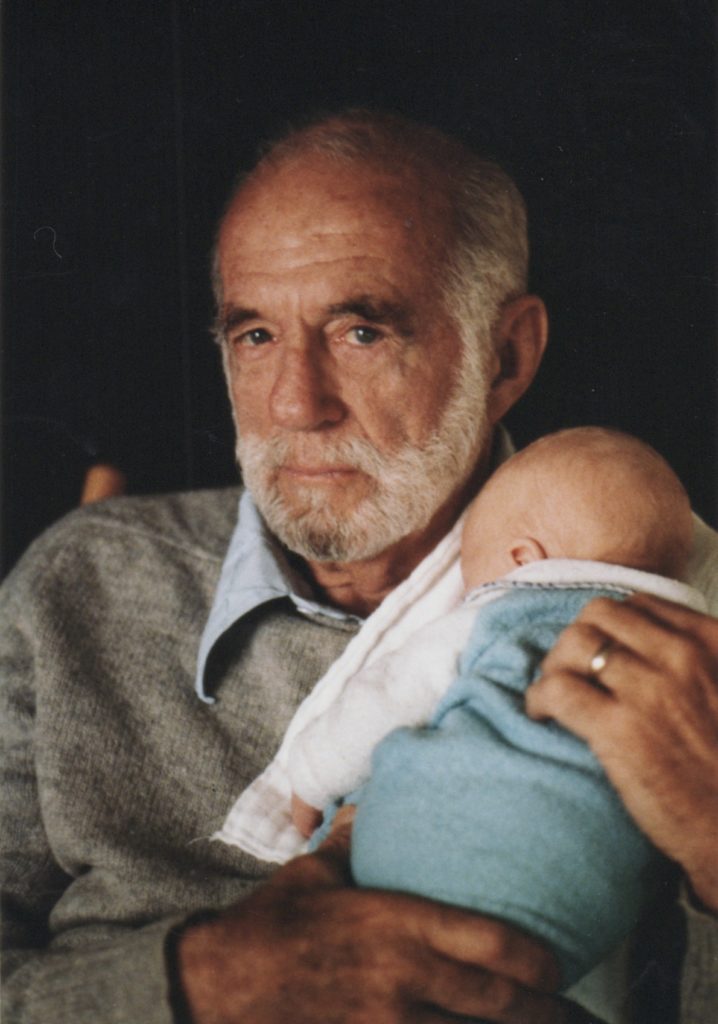Page 625 Depression
Could You Have Depression?
It’s very common. You might feel sadness that doesn’t let up, or frequent flashes of anger, or just that nothing makes you feel happy anymore. You might have low energy. It can be hard to get out of bed, and get things done. Your grades or your work performance might fall off. You might isolate yourself. There are other symptoms, too, which might make you think of other medical conditions: pain in different parts of the body, shortness of breath, loss of appetite, and fatigue.
What to do: Read more below. The information from the National Institutes of Mental Health is reliable.
Make a doctor’s appointment for yourself. Do get help; you don’t need to tackle this alone! There are effective medications and therapy. People do get better. Meanwhile, some things that can help with depression are:
- Exercise, like walking, running or biking. Start with 15 minutes every day, then see if you can stretch it out to 30 or 45 minutes.
- Get light. Go outside in the middle of the day, if you can. Or turn on bright lights.
- Get enough vitamin D. A daily supplement of 1000 or 2000 units is safe. Ask your doctor to test your vitamin D level.
- Get help from people who care for you.
- Do something nice for yourself, or for someone else.
- With your child, plan “special time” – 20 or 30 minutes (or whatever you want), when the whole point is just to enjoy being together. Don’t worry about keeping things neat or teaching anything, just focus on feeling happy together. Often, if a parent has depression, the child responds by being demanding, whiney, or disrespectful. Planned “special time” helps. When a child knows he has his parent’s full attention, he’s more likely to be agreeable.
Read more about depression, and what you can do: Go to:
https://www.nimh.nih.gov/health/topics/depression/index.shtml
[this page was last updated by Robert Needlman, on 11-25-2018]

